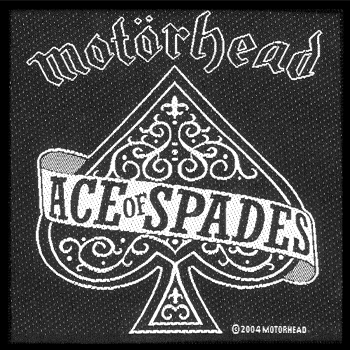I disagree with Pablo’s post about media treatment of the Aaron Gilmore saga — but I only disagree a little. In my view the Gilmore case is “stuff that really matters”, but I do agree with Pablo that most of the coverage of it isn’t getting to the “stuff that really matters” elements of the case nearly well enough, and that it is displacing coverage of more crucial issues from the agenda. All the stories Pablo mentions are worthy of much more, and more in-depth reporting than they have received. Two other points Pablo makes are particularly valuable — that “blood in the water is not akin to developing real critiques of the way power is exercised”, and that “the problem of Gilmore’s unwillingness to resign stems not from MMP but from political party charters regarding their lists in an MMP environment.”
The Gilmore story is important, as are those others — but the coverage is so individuated to him that it makes the issues seem trivial, because ultimately, if you reduce the story to that of a drunken backbencher, it is. At the heart of the Gilmore saga is the abuse of power, and the problem is that the coverage is about Aaron Gilmore’s attempted abuse of his own power, not about a culture within the National Party and the government where the abuse of power is not merely acceptable, but routine and expected.
The deep questions — how such a megalomaniac got into an electable position on a party list; who, having been apprised of these born-to-rule tendencies after previous incidents of this sort, approved his position; and the implications of this for the health of our democracy — these are important questions. They haven’t really been asked, or answered, though Matthew Hooton, of all people, had a go at it early on.
The John Key National-led government has a lot of form for bad and self-serving appointments, and for the abuse of power. This has presented opportunities for the opposition to frame them as serial cronyists, which they haven’t been able to take. (I wrote a couple of things about this in the first term — it’s not new). And it’s still going: to hear locals tell it, how Gerry Brownlee and CERA are treating Eastern Christchurch isn’t all that different in its principles to how Aaron Gilmore treats waiters and public servants. (The difference is that they have real power.) Recent appointments on the basis of loyalty or malleability at the expense of quality or expertise include Catherine Isaac to implement charter schools, Ian Fletcher as head of the GCSB and Dame Susan Devoy as race relations commissioner.
This is a government which has been particularly unconcerned with even the appearance of due process, and this should be acknowledged in every story on this topic. There’s no credible argument they hadn’t done due diligence on Aaron Gilmore — he was already in Parliament once. Why do they appoint people like this, and why do they get away with it?
The hard truth is that political parties will overlook an awful lot if there’s a financial or electoral advantage to doing so, just as corporations will. Militaries will overlook almost literally anything, up to and including the mass murder of civilians. This is true of the “nice” guys as well as the nasty ones — the Obama administration’s continuing support of Guantanamo Bay and its increasing use of UAVs are two clear examples of this. Apple products are manufactured by the notoriously exploitative Foxconn (Apple is far from alone in this, but we’re supposed to think Apple is somehow better than others). For a recent local example, see the Labour Party’s dogged defence of Taito Phillip Field, whose abuse of vulnerable workers cut directly against everything a Labour party ought to stand for. There are many more.
The fundamental reason this sort of behaviour is endemic is that we — as voters, or in the corporate case, as consumers — reward it with our votes, or our wallets, or both. Parties and companies that eschew these methods tend to lose to those who accept them as an ethical cost of doing business because while we are happy to get outraged, when the chips are really down, we don’t actually care that much about this sort of thing. It doesn’t really change our behaviour.
The danger is that people start caring, and more importantly, start remembering, and changing their behaviour. If the Aaron Gilmore affair haunts the National party — and the other parties — such that they see a strong downside risk to appointing cronies, selecting megalomaniacs for their lists, and generally swaggering around as if they own the place, we’ll all be better off. If parties are forced to accept responsibility for their bad decisions, and as a consequence to select better people and implement better systems of accountability and conduct, cultures of power-abuse will abate. Incidentally, this is why I don’t favour a rule that allows parties to eject rogue MPs from Parliament* — the Nats bought Aaron Gilmore, they own him. We should judge the entire party by his actions.
But for this sort of change to occur, we need media coverage to develop those real critiques of the exercise of power, rather than critiques of an obnoxious individual who is ultimately just a product of larger cultural systems. That would make this sort of wall-to-wall coverage worthwhile.
L
* Though I still believe any credible political leader should be resourceful enough to find ways to persuade rogue MPs to resign.











